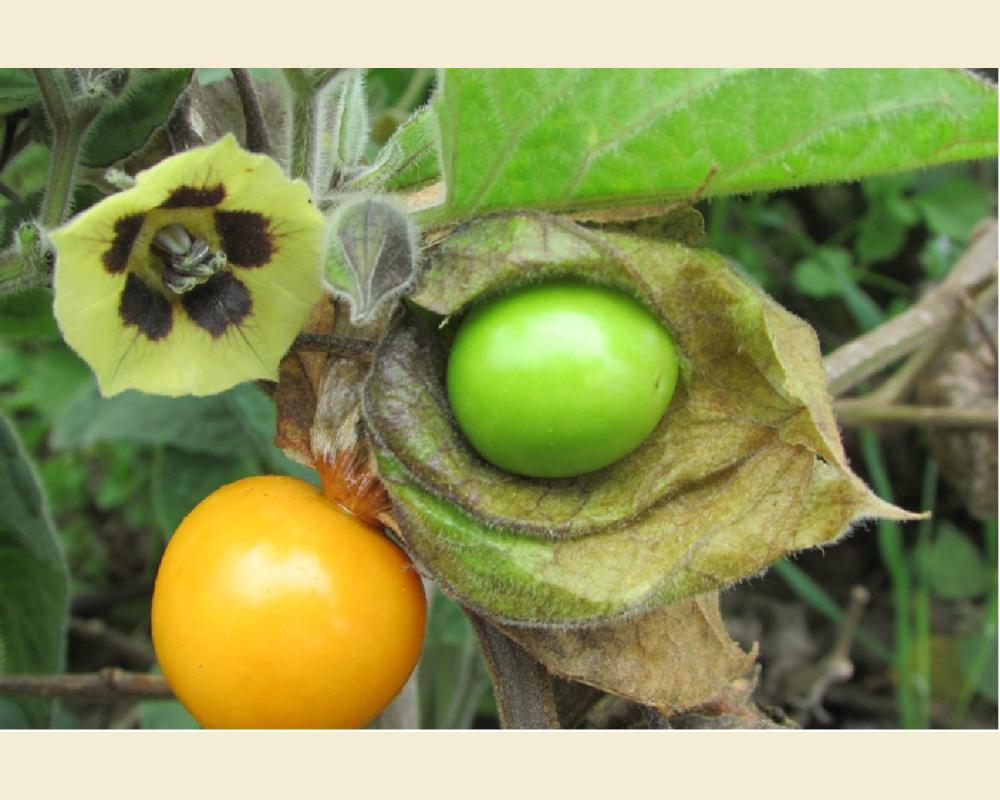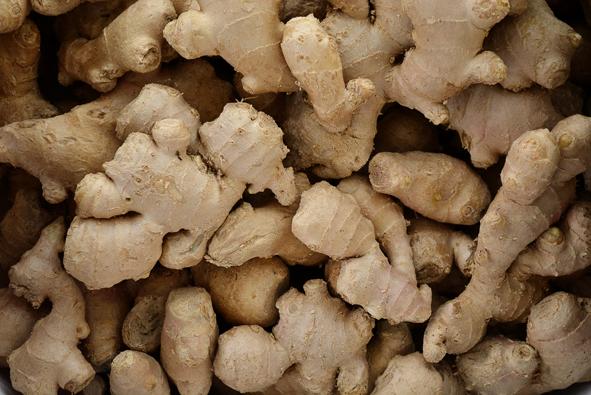Physalis peruviana, also called “the berry of the Incas”, belongs to the Solanaceae family, a close relative of our alchechengi, is a very common tree in the Andean region that produces orange berries similar to cherry tomatoes, with a
very tasty and nutritious bittersweet flavor, covered with the typical glass.
The sustainability of this supply chain lies in wanting to recover the use and economically enhance a multi-year local species that often grows spontaneously, giving it added value through simple processing, dehydration, which takes place on site.
The supply chain of this product was born in the Cajamarca region, in northern Peru, from rural communities and farmers' associations between 2000 and 3500 m, with traditional sustainable agricultural methods (organic fertilizer, planting of multiple local varieties, manual harvesting, solar drying). It complies with the
organic management system (EC.No.834/2007) and with the principles of
Fair Trade (a greater economic impact based on the supply chain, respect for wage rights, support for association processes, free technical assistance-advice, etc.)
The berries are harvested weekly from October to June, and during the day the product is dehydrated, allowing its nutritional properties to be maintained and concentrated and the microbiological condition to be stabilized for long periods (1-2 years). Dehydration and packaging take place in Cajamarca in a plant that does not process foods containing gluten and allergens (peanuts, nuts, sesame, etc.). The local partner is also a member of the
Union for Ethical Biotrade: which brings together companies that work with native biodiversity products and develop specific ethical and operational protocols to protect the territory and local populations.
It is rich in fiber, vitamin A, C and minerals. It has antioxidant and anti-inflammatory properties.
It is eaten directly
as a low-calorie snack, or added to dried fruit muesli and cereals. The raw berry is a great garnish for desserts.
The supplier for goldenberry berries is
Rewild, a small Treviso company formed after years of international cooperation, of supporting the rural population in South America, especially in Peru, consolidating sustainable development processes that have led to the creation of associations of organic and fair-trade producers from which today Rewild supplies itself.





